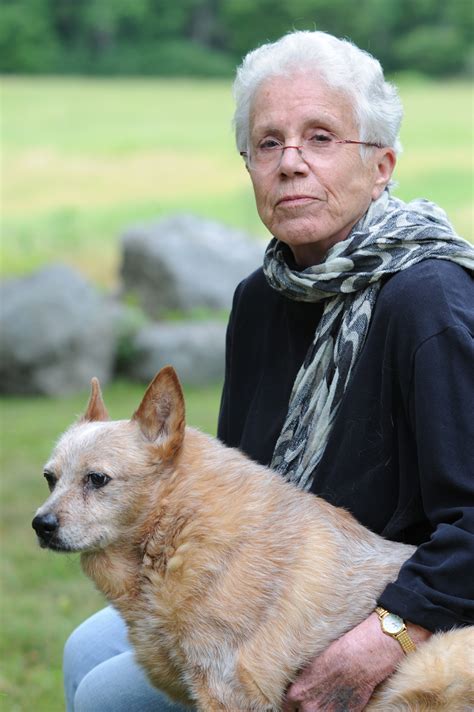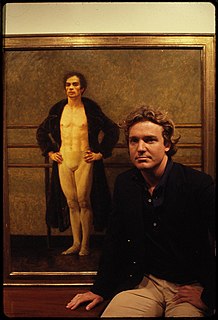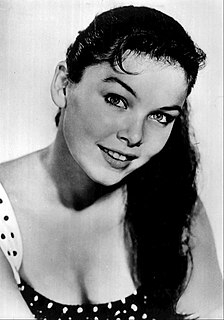A Quote by Elizabeth Marshall Thomas
People didn't think animals thought or remembered or had minds! They most certainly do: any pet owner knows more than a lot of scientists about animals.
Related Quotes
Our economic order is tightly woven around the exploitation of animals, and while it may seem easy to dismiss concern about animals as the soft-headed mental masturbation of people who really don't understand oppression and the depths of actual human misery, I hope to get you to think differently about suffering and pain, to convince you that animals matter, and to argue that anyone serious about ending domination and hierarchy needs to think critically about bringing animals into consideration.
Attempts to defend amusement parks and circuses on the grounds that they 'educate' people about animals should not be taken seriously. Such enterprises are part of the commercial entertainment industry. The most important lesson they teach impressionable young minds is that it is acceptable to keep animals in captivity for human amusement.
I wish people were more like animals. Animals don't try to change you or make you fit in. They just enjoy the pleasure of your company. Animals aren't conditional about friendships. Animals like you just the way you are. They listen to your problems, they comfort you when you're sad, and all they ask in return is a little kindness.
Scientists have been saying, for an awfully long time, that we're all interconnected. Scientists would use the word 'ecosystem' to express that idea. Obviously, people can't survive without air and water, and we rely on plants and animals for food, and plants and animals rely on us to preserve their habitats.


































